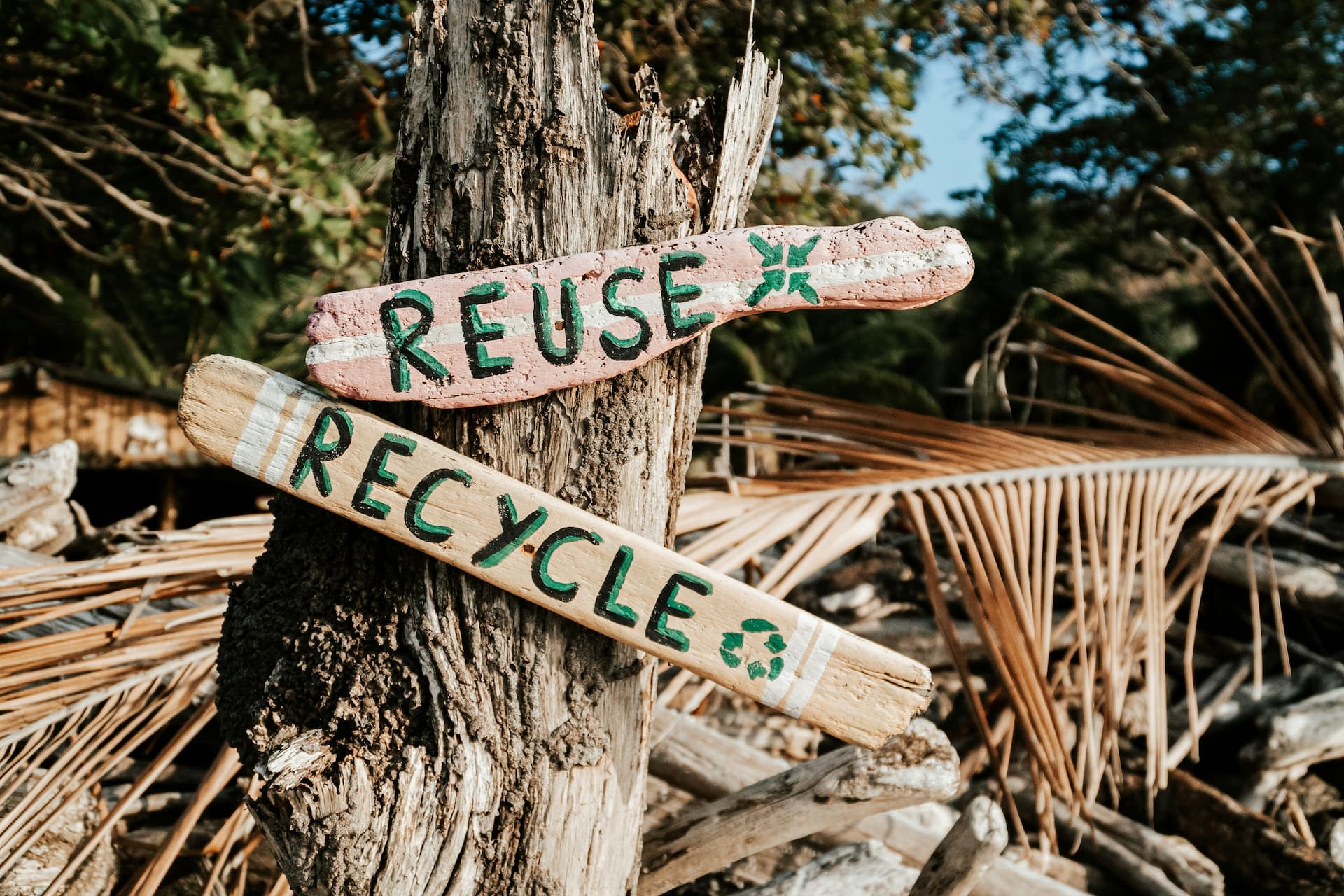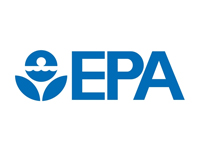Why should I invest in sustainable waste management practices?
Investing in sustainable waste management cuts landfill costs, boosts recycling revenue, and improves public health. Modern practices create green jobs, meet regulations, and engage communities, positioning cities as leaders in environmental innovation and long-term resilience.

Overview
Key Benefits
- Significant cost savings over time through reduced landfill fees and transportation costs.
- Protection of public health and environmental quality in your community.
- Poor waste management leads to groundwater contamination, air pollution from methane emissions, and disease vectors - all of which create major public health risks and cleanup costs that fall on the city. Modern sustainable systems minimize these risks.
- Revenue generation opportunities through recycling programs, waste-to-energy facilities, and compost sales. Many cities are turning their waste streams into profit centers.
- Enhanced quality of life and property values for residents. Clean streets, reduced litter, and minimized illegal dumping create more livable neighborhoods.
- Compliance with increasingly stringent state and federal regulations around waste disposal, emissions, and environmental protection.
- Job creation in recycling, composting, waste-to-energy, and related green industries.
- Leadership opportunity to demonstrate environmental stewardship and innovation.
- Cities with strong sustainability programs attract eco-conscious residents and businesses while serving as models for other municipalities.
Did You Know?
Implementing a comprehensive recycling and composting program can divert 50-70% of waste from landfills, dramatically reducing your city's waste management expenses over the long term.
Studies show property values increase 7-10% in areas with well-maintained waste management infrastructure
Sustainable waste management typically creates 2-3 times more jobs than traditional landfill disposal operations.
What elements should you be considering?
Sustainable Waste Management Practices for Cities
Resources
Solid Waste Infrastructure for Recycling (SWIFR)
Solid Waste Infrastructure for Recycling (SWIFR) grants are a new program created by the Bipartisan Infrastructure Law (BIL) to improve recycling and other post-consumer materials management, implement circular economy strategies, and improve local waste management systems. The BIL provides $275 million for Solid Waste Infrastructure for Recycling grants to support Building a Better America. This is allocated as $55 million per year from Fiscal Years 2022 to 2026 to remain available until expended. EPA was provided an additional $2.5 million in Fiscal Year 2022 funding to implement the program.
